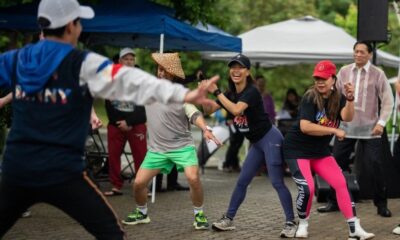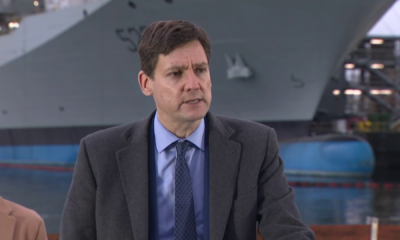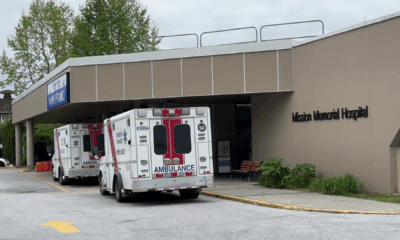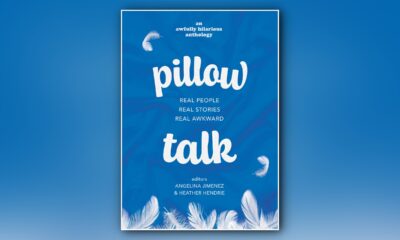Local News
Festival groups look to increase security following deadly Lapu-Lapu attack
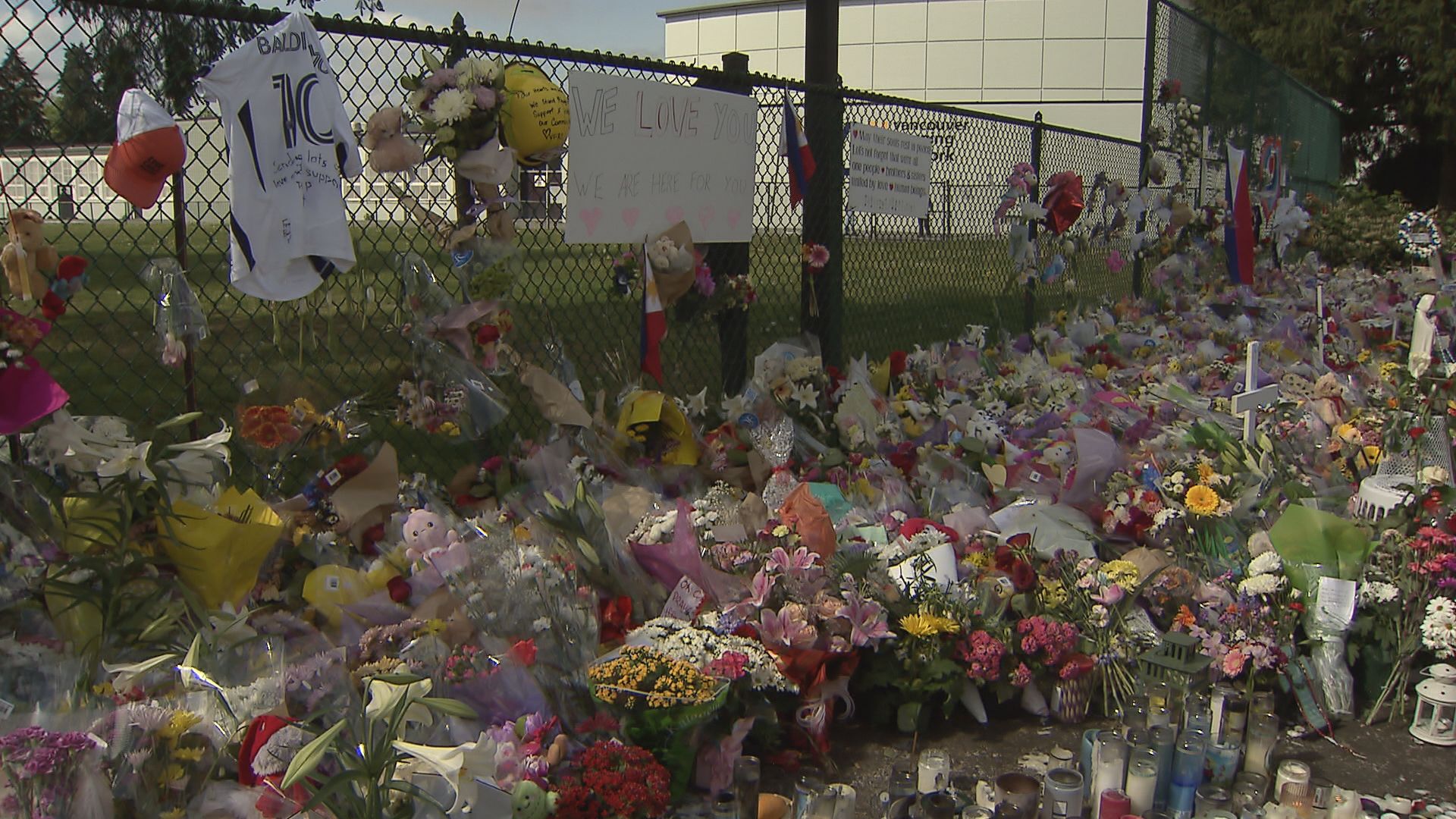
Following the devastating attack at Vancouver’s Filipino festival that killed 11 people and injured dozens of others, local organizations are looking to see what they should be doing to prevent tragedies like this from happening again.
The Shipyards Night Market in North Vancouver is one of the local organizations committed to amping up safety measures ahead of future community events.
It says it has met with city officials to plan ahead.
The Shipyards’ chief operating officer and entertainment director, Mike Beackley, says there will be more barriers in place for summer festivities.
Despite already having strong infrastructure intact at the venue, the team is taking extra precautions for who is allowed in and out in light of the deadly Lapu-Lapu car ramming.
“The area itself has a lot of bollards, which help to control traffic,” he said.
“On top of that, the only cars allowed into our site will be vendors. We are going through an ID process to provide lanyards to the right people who should be on-site. Once our event gets to about 2 p.m. in the setup, we shut the site down for all car access. By then all vendors will be in place and at that point, barriers would be put into place to help limit traffic.”
He also adds that he is confident they can provide a safe venue and emphasizes the need for outside support to execute the best safety plan.
“It can be tens of thousands of dollars to have police officially attend your event; these are very big line items for an organizer to deal with,” Beackley said.
“We as an organizer fear that events won’t happen or will be fiscally impossible to produce. This is where we hope to see help from the province, from municipalities to help cover some of these costs or help provide policing or barrier vehicles.”
Shutting down big events is not the ideal solution for event-hosters like the Shipyards. Rather, it is about ensuring the space is protected from threats and moving vehicles that should not be there.
“You never think it’s going to happen in your own backyard until it does,” he said, adding it is important to keep warning city officials, venue hosters, and each other that we need to do better and work together.
From a security expert standpoint, more security implementation after the senseless attack is needed going forward.
Blair Ross, chief operating officer at Logixx Security, offers insights about the company’s work in guarding public safety.
Logixx works on security services for a variety of events, including cultural festivities. It is part of the crew that looks at events beforehand to make sure they are safe.
“We will analyze any threats…to that particular group that’s having an event and whether there have been threats,” Ross said.
“We work with the police force to determine if they need to have heavy police presence and what kind of levels of security required. That can vary depending on things like whether there is alcohol consumption, so it varies depending on the event but the key is in the security planning in the beginning.”
In the aftermath of the Lapu-Lapu tragedy, Ross feels there is no choice but to enforce greater security like barricades and bollards.
“We’re going to start seeing more and more of those, whether it is permanent or portable barricades, bollards, particularly for outdoor events,” he said.
“It’s unfortunately going to have to be something that has to be considered…as to what kind of safety and security is around the park and roadways around it. I think it’s something that’s becoming more and more normal now.”
When it comes to mental health, people across the world and Canada have been emotionally impacted by the tragedy.
Allison Crawford, chief medical officer of the 9-8-8 Suicide Crisis Helpline, says it is important to acknowledge any tough feelings that may arise from hearing about such a devastating story. If the content tugs at your heartstrings, it is okay to sit with those feelings and talk to someone about it.
The helpline offers self-care tips for people who may be struggling with the incident.
“It’s very normal to feel stressed, distressed after something terrible happens, whether you encounter it in the media or know people who were there,” she said.
“People process those feelings in different ways. There are some basic principles that can help any of us after a difficult event. That is to remember to take care of ourselves, look after our basic needs like sleep and eating, and to use positive coping strategies that we know work for ourselves, and to stay connected to other people.”
She highlights the importance of connection during these tough times, whether that is with someone in your life or the people at 9-8-8 if you want to chat about your feelings with professionals or are experiencing thoughts of suicide.
While schools and campuses across Metro Vancouver have been sending students counselling resources since the tragedy unfolded, Crawford and Davies think there need to be more resources in general available to Canadians across the country to meet the demand of individuals who need support.
“I think there is a lot more that we could be doing in Canada to meet people’s mental health needs,” Crawford said.
“That includes support in schools. I think it is really important people know where they can reach out for help, and there are always more layers of support that would be helpful. In a crisis, I think 9-8-8 is an important resource but is not the full continuum of mental health supports that are needed.”
Altogether, the perspectives of Beackley, Ross, and Crawford underscore how comprehensive safety at festivals that involve big crowds involves not only increased security measures but also collaborating with different industries. Together, they say physical protection must be balanced with mental health awareness and intervention when it poses a risk to public safety.

